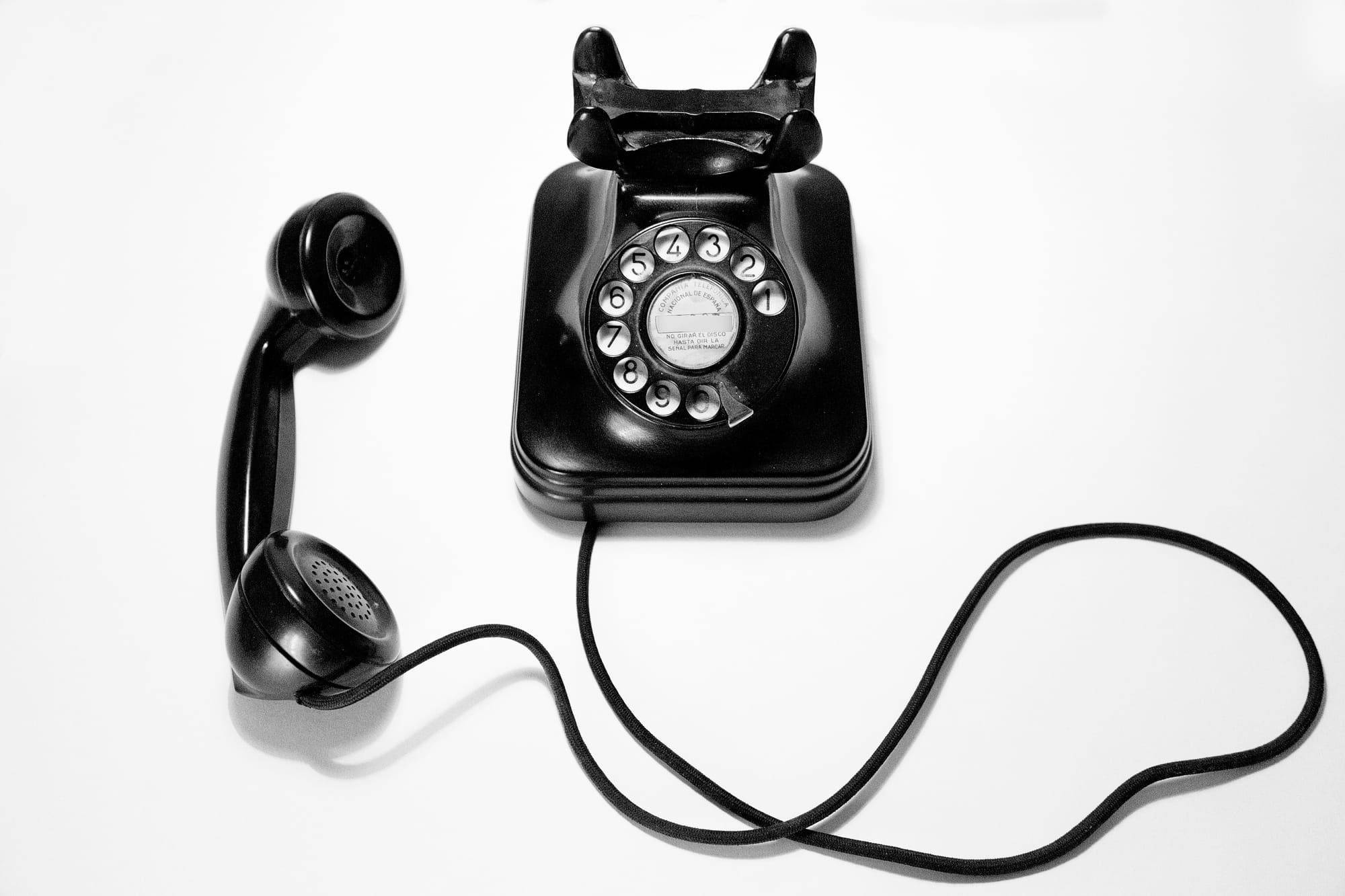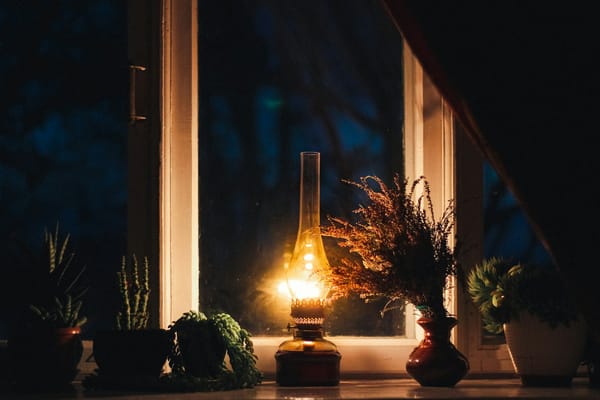Finding the Right Therapist for You: A Step-by-Step Guide

Finding the Right Therapist: A Step-by-Step Guide
Deciding to go to therapy is a big step. It means you're asking for help and are open —even just a little bit—to being vulnerable. If you're new to therapy, the search for the right fit can feel overwhelming. You go to Google, type in “therapists near me,” and you’re faced with hundreds of results. So, where do you start?
Why Finding the Right Therapist Matters
Finding the right therapist is important for your healing and growth. You want someone you can trust, someone who understands you, and someone whose approach aligns with what you need. If you're completely new to therapy, you might not know exactly what kind of therapy you're looking for—and that’s okay.
Here’s the thing: the type of therapy you receive matters less than having a skilled, compassionate therapist who can adapt their approach to your needs. Many therapists use a mix of therapeutic techniques, so finding someone who is a good fit personally and professionally is key.
My Journey with Therapy
I’ve worked with at least a dozen therapists over the years. Some were a great fit, some less so, but I always learned something from each experience (for better or worse). I found therapists in many different ways, and while the process varied, each one taught me something valuable about what I need from therapy.
Where to Start
There are several ways to find a therapist, and your experience may vary depending on your location and financial situation.
- Through an Agency
If you reach out to a larger agency, you'll speak with an “intake worker.” This person will ask about what you’re struggling with and match you with a therapist who has the appropriate expertise and availability. You’re not “stuck” with that therapist—if it doesn’t feel like a good fit, you can request a different match. - Through your Doctor
In Ontario, many people access therapy through their doctor for financial reasons. Your doctor can connect you to an agency they work with, but this usually comes with a limit of eight 50 minute sessions. The wait-list for these programs can be long, though, so if you're hoping for faster access, a private practice might be a better option. - Private Practice
Therapists with their own practice or those with smaller agencies tend to have shorter wait-lists. They may also offer a sliding scale (fees based on what you can afford), though their rates are typically higher than those of agency-affiliated therapists.

My Approach: How I Found My Therapist
In the past, I'd research a practice, read reviews, and make a quick call to book an appointment with the therapist the intake person suggested. Sometimes the match was great, but other times, it was definitely not the right fit, (trust your gut-you can usually tell if you'll work well with someone).
This time, I wanted to try something different. I asked each therapist I was considering to schedule a 15-20 minute phone call before committing to an appointment. I treated it like a mini-interview, and it made a huge difference. Most therapists offer a free consult call like this, before you book a session- take them up on it.
Here’s why: it allowed me to ask questions about their approach, their experience, and whether they’d be a good fit for my needs before committing to a full session. I ended up calling five different therapists, scheduled calls with all of them, and created a list of questions that were important to me.
Interviewing Your Therapist: Key Questions to Ask
When you're searching for a therapist, it’s important to ask questions that reflect your needs, values, and identity. Here’s a list of questions that are essentials for me which might help guide your own search:
- What types of therapy do you use?
- "What’s your favourite approach, and why? Are there any approaches you tend to avoid?"
- Do you have experience with my specific struggles?
- "Can you tell me about your experience working with people who have complex PTSD, dissociative disorders, or other challenges like anxiety, OCD, etc.?"
- How do you approach therapy from an anti-oppressive standpoint?
- "Can you give me examples of how this shows up in your practice?"
- Cultural Understanding and Inclusivity:
- "Have you worked with people from the LGBTQIA+ community, and how do you ensure your practice is inclusive?"
- What’s your stance on kink, polyamory, and open relationships?
- "How do you work with clients who have nontraditional relationship styles?"
- What will our sessions look like?
- "Do you set specific goals for sessions, or is it more of an open-ended conversation?"
- Cost and Fees
- "What is the cost per session, and do you offer a sliding scale?"
- Professional Credentials
- "Where are you registered as a therapist, and can you provide examples of your qualifications?"
- First Hand Experience
- "Have you ever been in therapy before?" (do they know what it's like to be a client?)
- Questions for Me
- "Do you have any questions for me? Is there anything you’d like to know to ensure we’re a good fit?"
Things to Keep in Mind
Remember: It’s okay to not feel a perfect connection right away. Therapy is a journey, and it’s normal to have to try a few therapists before you find the right match. It’s important to note that not everyone has the financial flexibility or access to a range of therapists, and so following all the suggestions in this post, might not be feasible. If you're on a budget, programs that offer sliding scales or subsidies can help. I really wish therapy was something everyone could easily access - it should be.
Final Thoughts: Trust Your Instincts
Therapy is deeply personal, and it’s okay to be picky about who you choose. Trust your gut—if a therapist doesn't feel right, don’t hesitate to seek someone else. Your mental health is too important to settle for a relationship that doesn’t feel like the right fit.
Take your time, ask questions, and be patient with yourself. I hope you find someone who will walk beside you on your healing journey.
Resource
Psychology Today has a searchable directory where you can choose location, and many other filters to help you find a therapist close to you.




